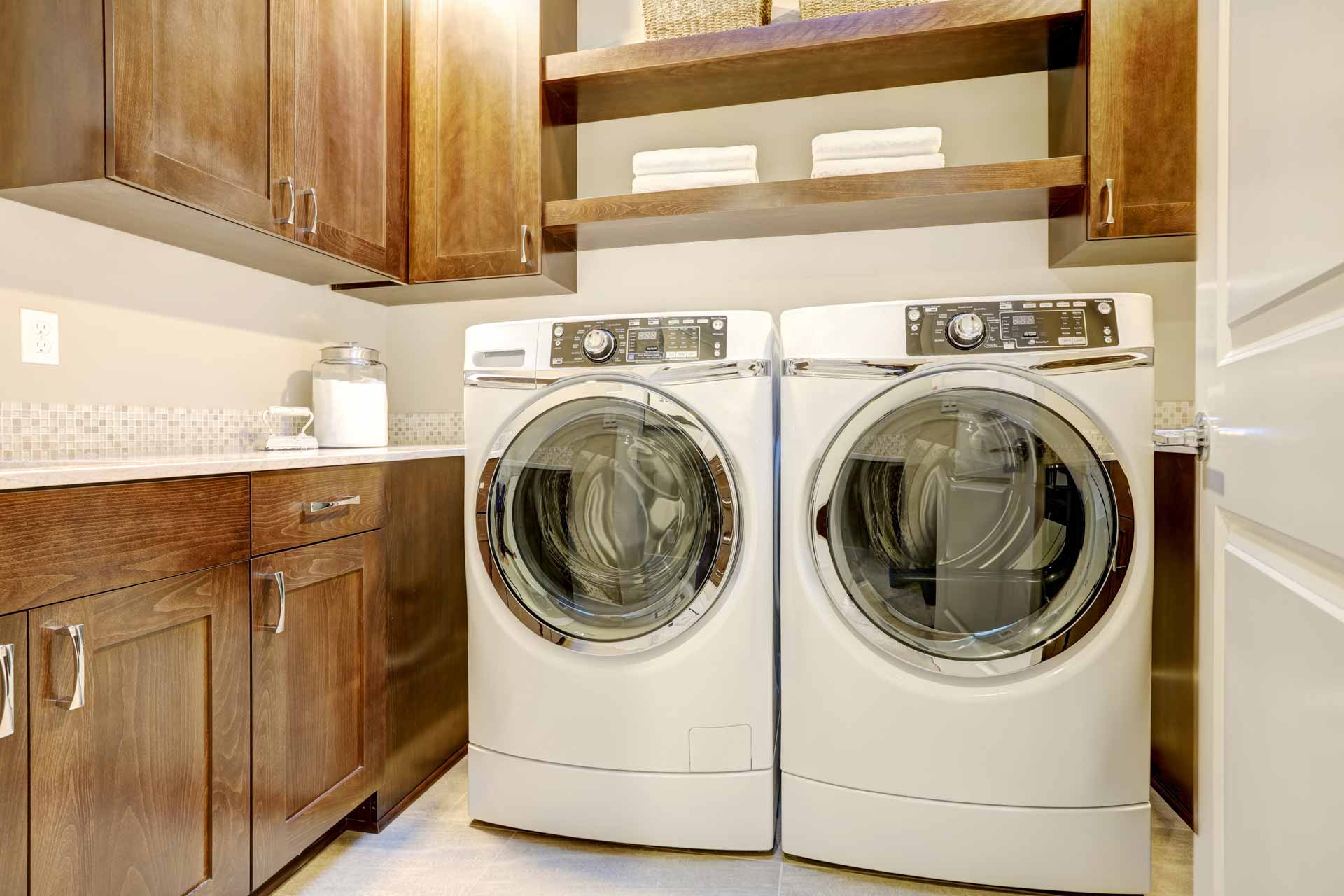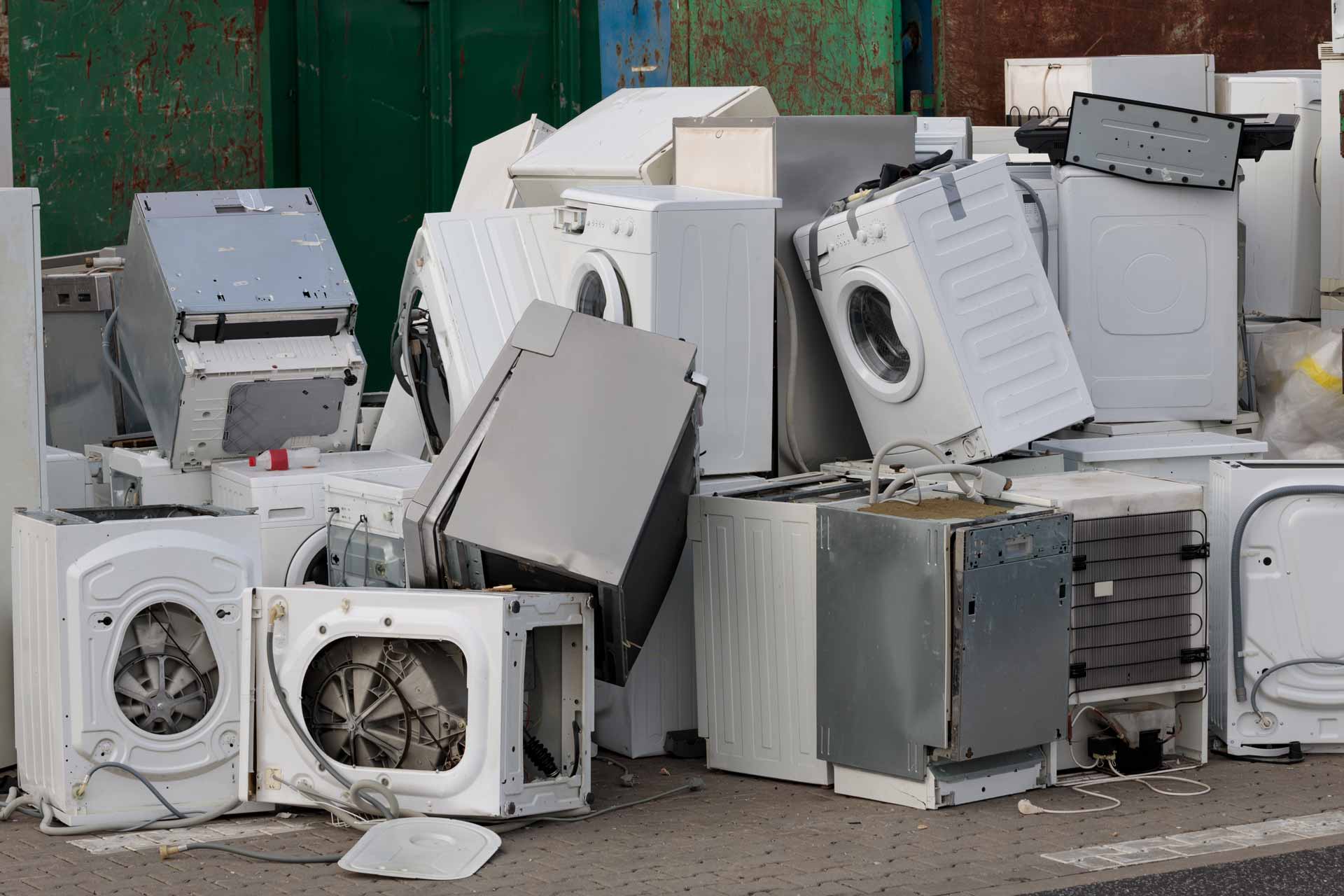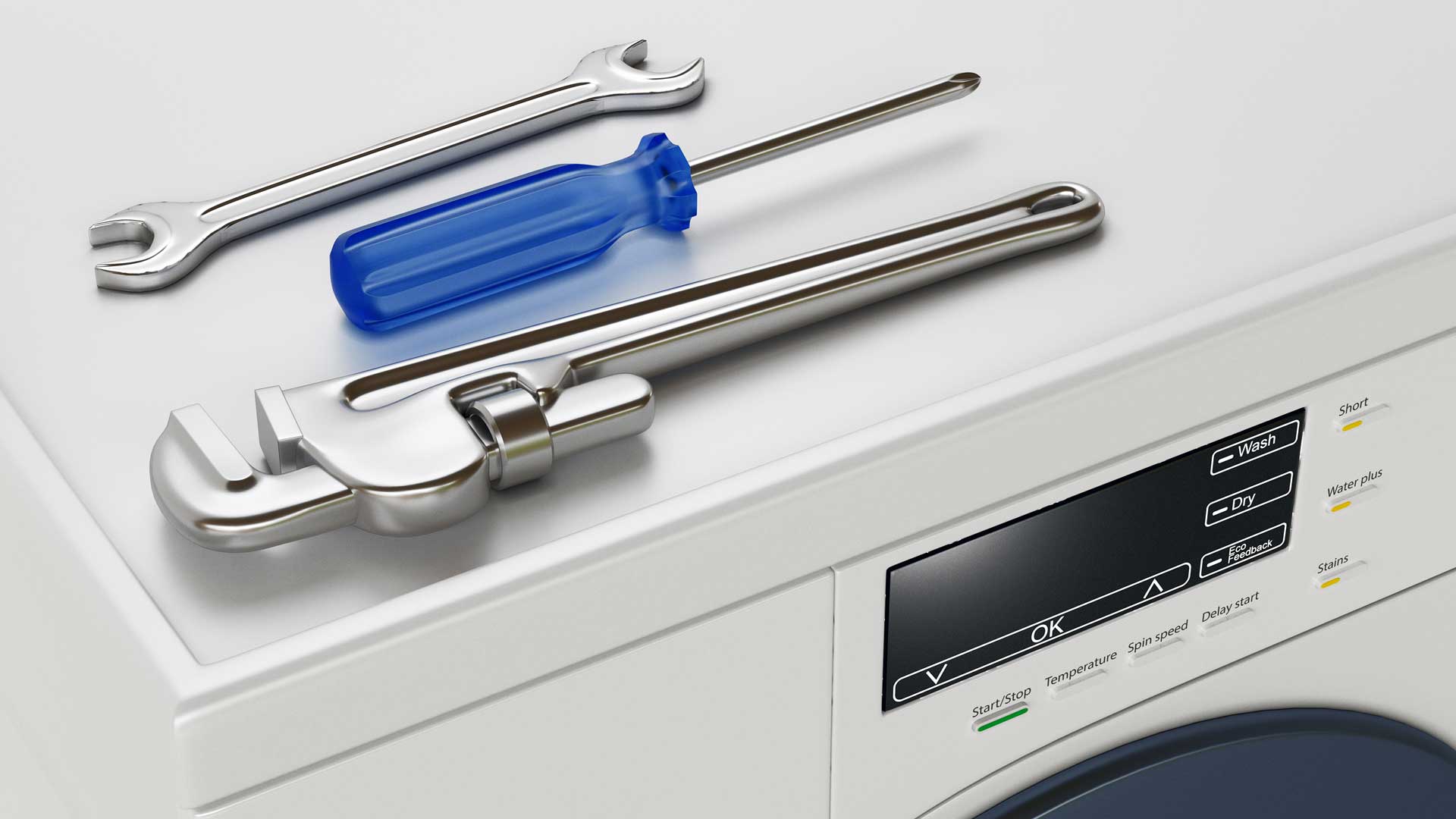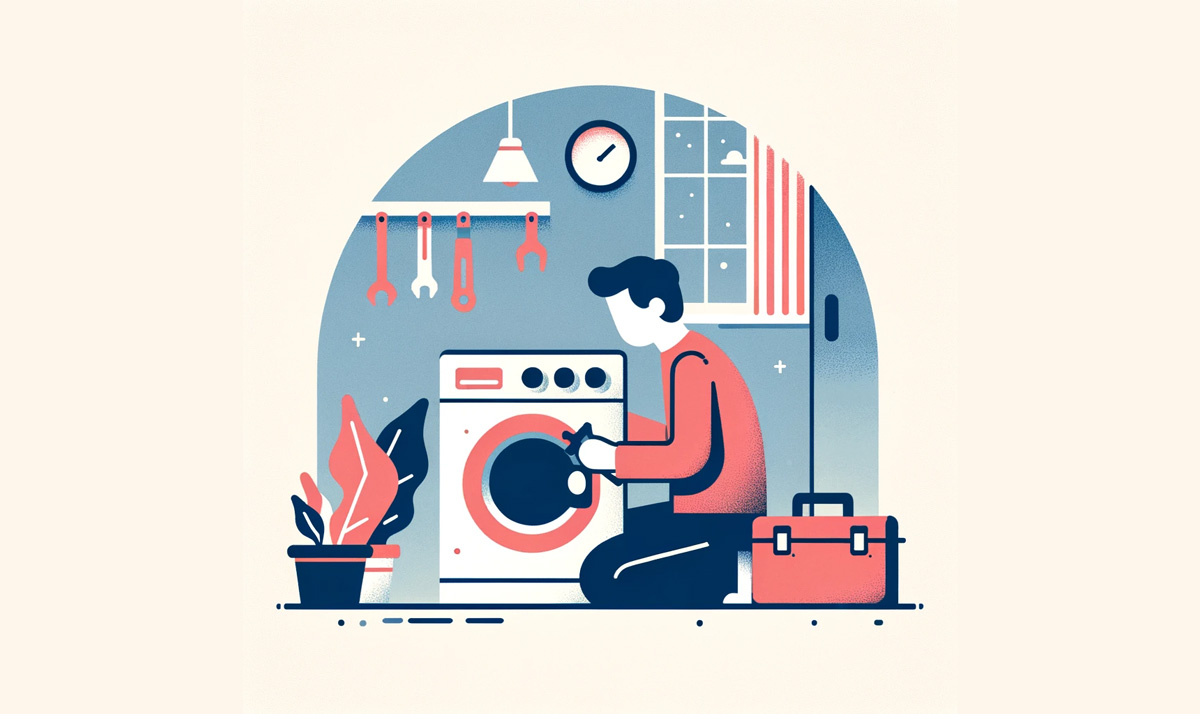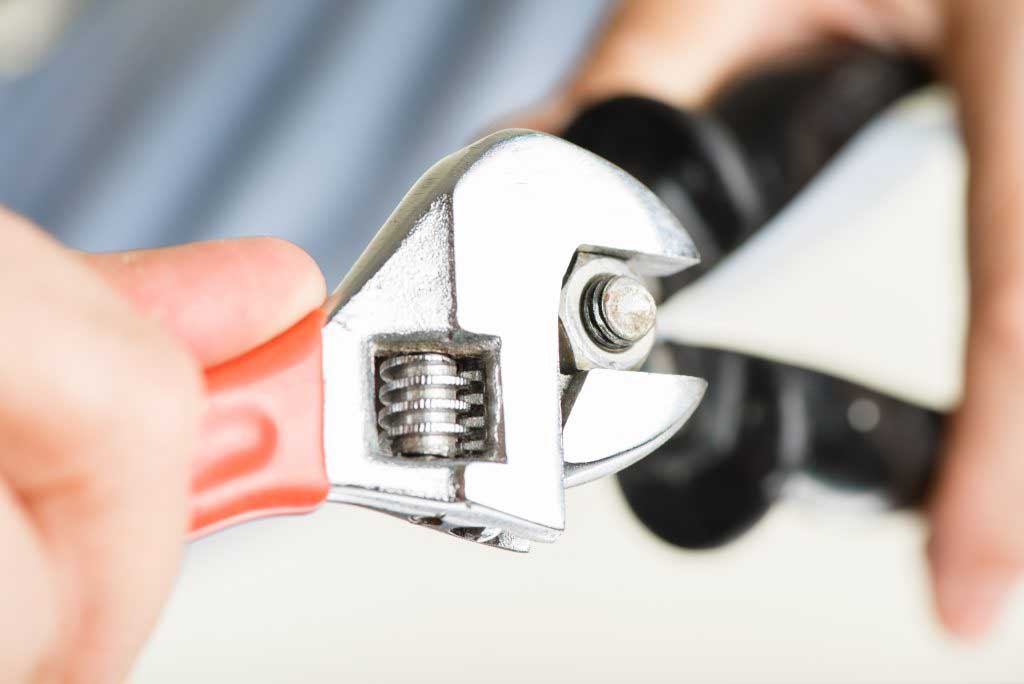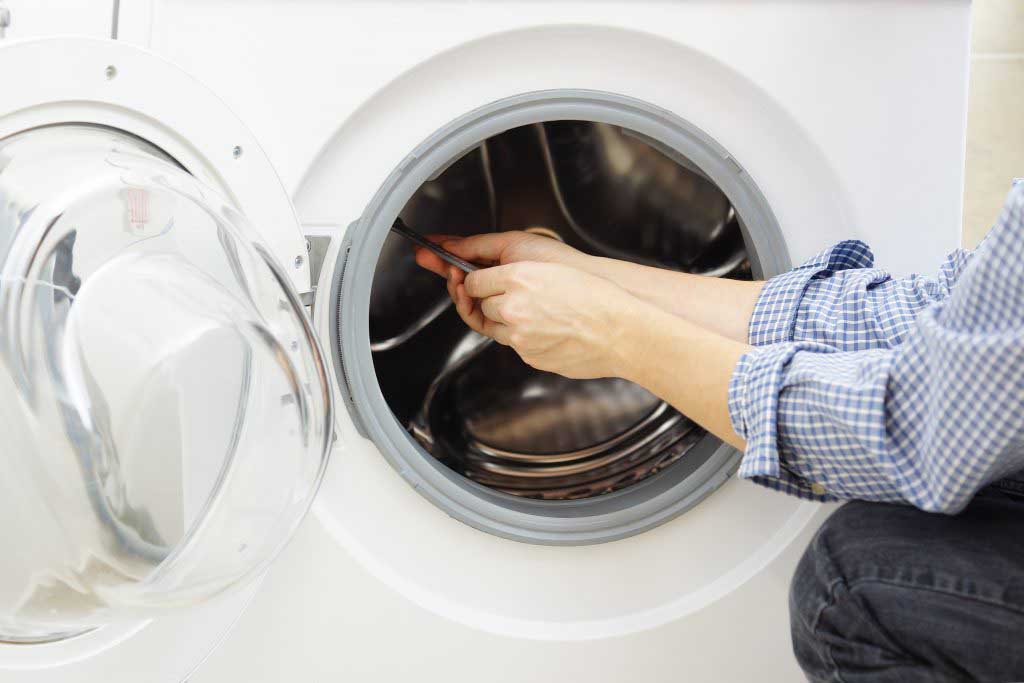If your dishwasher isn’t working properly, don’t despair. There are several causes of dishwasher trouble, and many have an easy fix. Here’s a rundown of some common dishwasher issues, plus when to troubleshoot on your own and when to call an expert to get your dishwasher back on track.
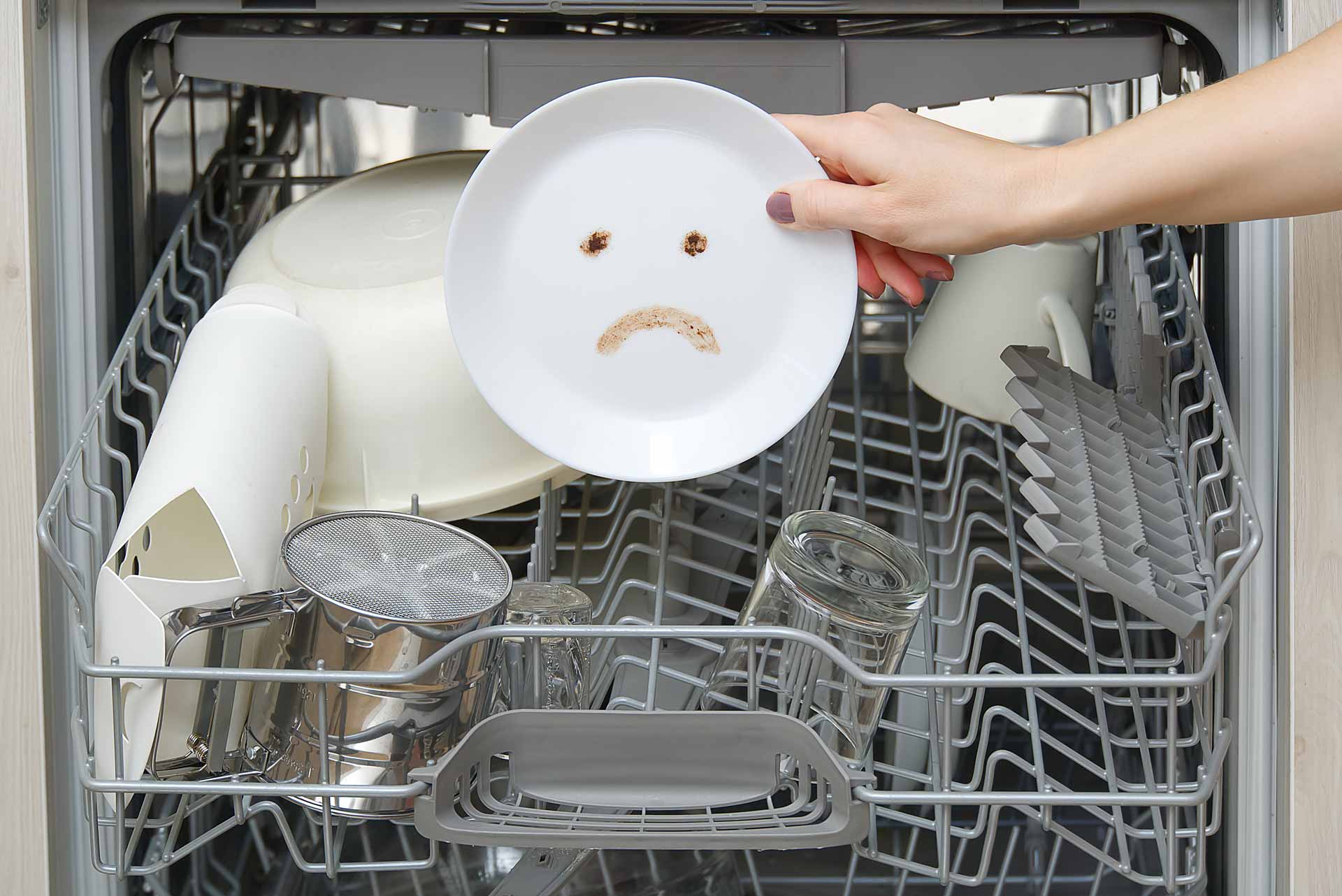
Dishes Not Getting Clean
It’s never fun to start unloading your dishwasher only to find that your dishes still have fingerprints or bits of food on them. Some possible causes of incomplete or inefficient cleaning include:
- Interior grime buildup
- Dirty filter
- Clogged spray arm
- Impeller breakage
- Inlet valve malfunction
- Circulation pump issues
Some of these issues have simple fixes that you can do yourself. Others are best left to the professionals. Read on to learn which path to follow.
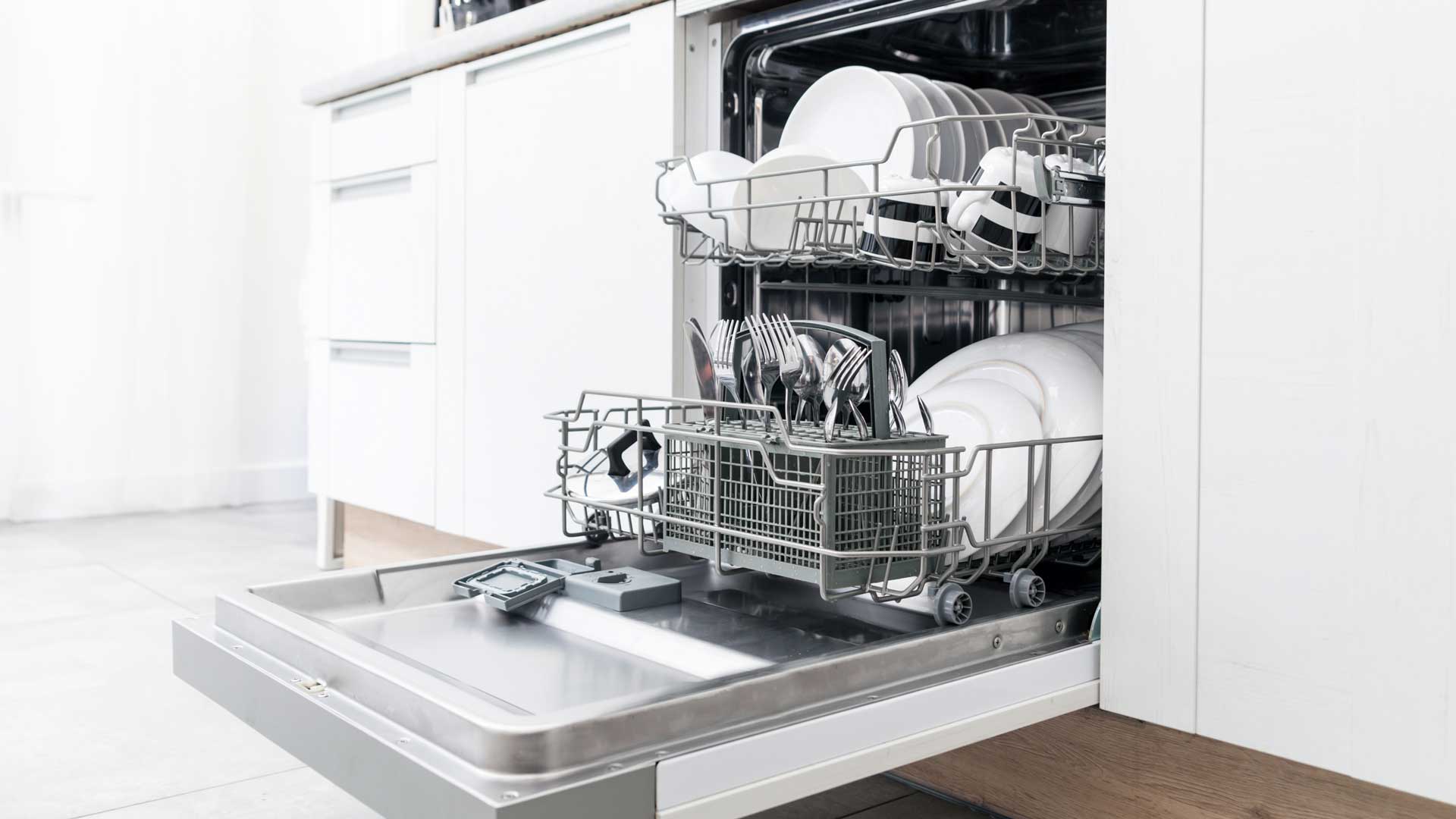
DIY Dishwasher Solutions
If your dishes aren’t getting clean, the first step is to ensure that your dishwasher itself is clean. This includes checking the dishwasher interior, the filter, and the spray arm.
Cleaning the Interior
First, look to see if there’s a buildup of grease or minerals inside your dishwasher. If there is, pour three cups of white vinegar into the bottom of the dishwasher and run it through a full cycle. This should help dissolve and wash away most buildup so that existing grime isn’t deposited on your dishes during the cleaning process.
Checking the Filter
A dirty filter can also be addressed with a thorough cleaning. Your dishwasher filter catches large bits of food and other debris. It needs to be cleaned periodically so that it doesn’t become clogged with particles and grease. Check your owner’s manual to find out how to safely remove the filter, then use warm, soapy water to clean it out before you replace it. This will ensure that no accumulated gunk makes its way back into the dishwasher and onto your clean dishes.
Removing the Spray Arm
Your dishwasher’s spray arm is an essential component that shoots water over your dishes to help clean them. If the holes on the spray arm are clogged, the water pressure is decreased and your dishes won’t get properly clean. You can solve this issue by removing the spray arm and using a scrub brush to clean out any debris or mineral deposits clogging the spray arm holes. You can also use a toothpick or an old toothbrush to tackle any stubborn areas that need some more TLC.
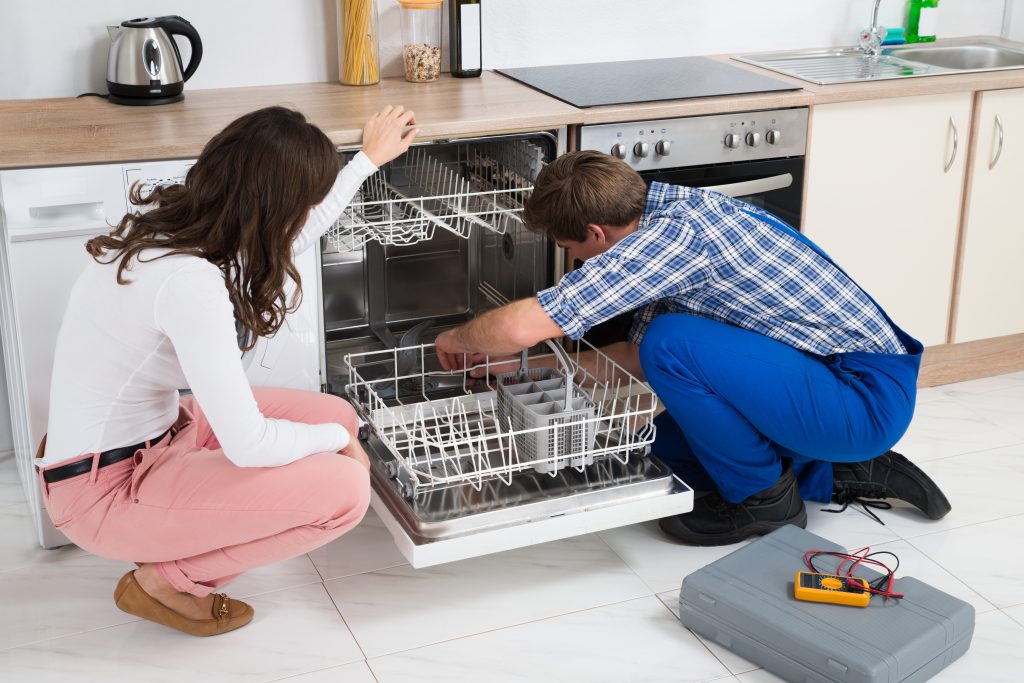
When to Call a Professional for Dishwasher Repair
Some dishwasher performance issues are best left to the experts. These include problems with the impeller, inlet valve, or circulation pump. If your dishes aren’t getting clean and you notice strange noises when you run your machine, one of these three may be the culprit.
Impeller Issues
Water is pushed through your dishwasher’s spray arm and drained from the machine via a pump impeller. A broken or obstructed impeller may cause a humming, buzzing, or grinding noise. Fixing an impeller issue should be left to the pros, so call your local appliance repair team if you notice a problem.
Inlet Valve Function
Your dishwasher’s inlet valve lets water into the dishwasher at key points in the wash cycle. If the valve materials have deteriorated, it will cause a high squealing or buzzing noise. It can also sometimes sound like knocking, depending on the severity of the problem.
If you notice a high-pitched buzzing, squealing, or knocking about two minutes after starting your dishwasher, the inlet valve is a likely cause. Call an appliance professional to take care of it so your dishwasher can do its job.
Circulation Pump Noises
The circulation pump is a key dishwasher part that sprays water throughout the machine to clean your dishes. If there’s a problem with the pump or its bearings, you may hear a high-pitched buzz—and your dishes will come out dirty. Typically, a faulty circulation pump needs to be replaced, so contacting an expert for dishwasher repair is your best bet.
If you need dishwasher repair help in Morris County, call the team at Morris County Appliance Repair today. We’re here to put our 50+ years of experience to work for you so that your dishwasher gets back on track. We do all our work in-house and we offer convenient weekday and weekend appointments. We’re fully licensed and insured for your peace of mind and we pride ourselves on providing outstanding customer service. Morris County Appliance Repair—You Can Count On Us!





